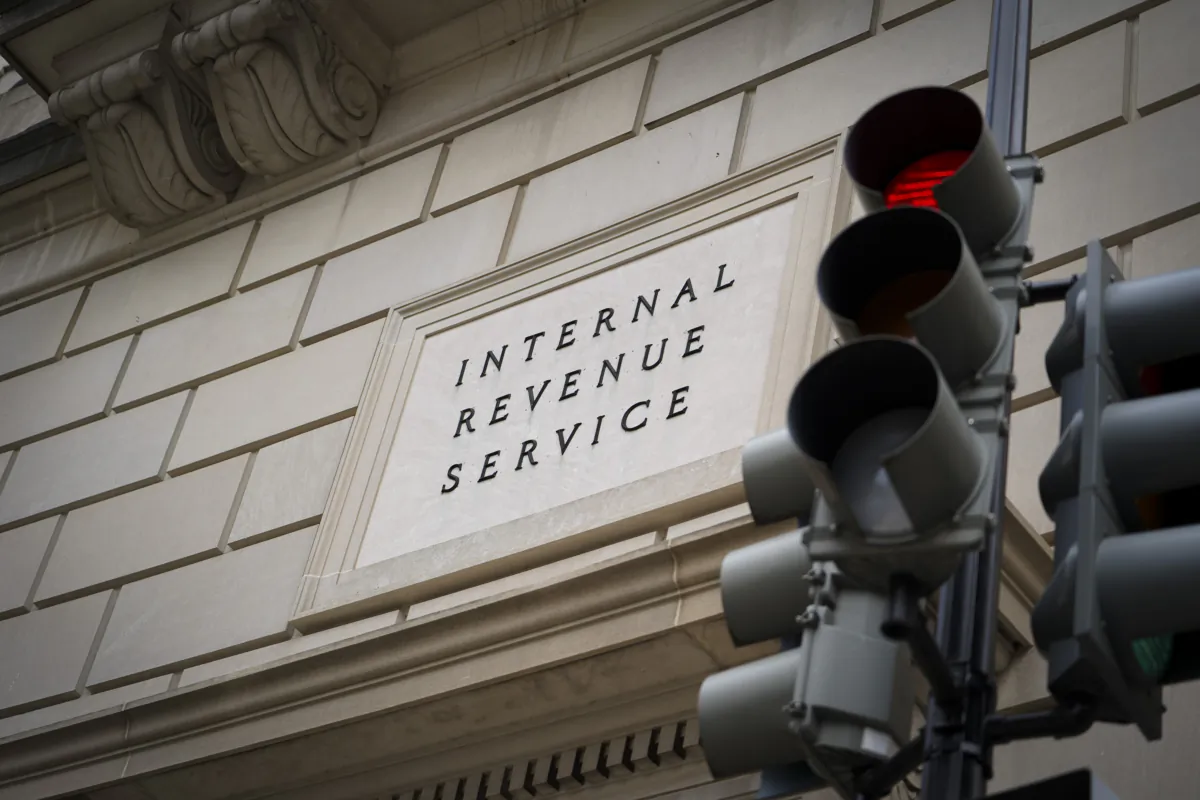


The Internal Revenue Service (IRS) has recently alerted taxpayers to a new scam mail scheme that aims to deceive individuals into believing they are owed money by the government.
In a statement released on July 3, the IRS disclosed details of the fraudulent scheme, emphasizing the need for caution. According to the IRS, the scam involves a cardboard envelope mailed through a delivery service. Inside the envelope, recipients find a letter bearing the IRS masthead, falsely claiming to be related to an unclaimed tax refund.
The deceptive letter entices taxpayers with the prospect of obtaining unclaimed funds but then requests sensitive personal information, including detailed photographs of drivers’ licenses. Fraudsters aim to exploit this information to potentially secure tax refunds or access other financially sensitive data.
IRS Commissioner Danny Werfel highlighted the scam as the latest in a series of attempts by identity thieves to pose as the IRS and deceive individuals into providing valuable personal information. These scams pose a threat to both identities and money, including tax refunds.
The scam letter exhibits several red flags, which the IRS advises taxpayers to watch out for. One distinct feature is the request for detailed personal information through email, labeled as “filing information” for tax refunds.
The letter also contains irregular punctuation, a mixture of fonts, and awkwardly worded sentences. For instance, it asks recipients to provide “A Clear Phone of Your Driver’s License That Clearly Displays All Four (4) Angles, Taken in a Place with Good Lighting.”
Furthermore, the scam letter includes inaccurate information, stating that the deadline for filing tax refunds for those with an extension to file is October 17, 2023, while the correct deadline is actually October 16.
The IRS advises caution when encountering messages that may appear to be from acquaintances or loved ones, as these could be sent from compromised email or text accounts.
To avoid falling victim to such scams, the IRS recommends verifying the sender’s identity through alternative means of communication, such as dialing a phone number known to be accurate instead of relying on the provided number in a suspicious email or text message.
The IRS issues an annual compilation of tax scams, known as the “Dirty Dozen” list, to raise awareness among taxpayers. These scams, which target individuals and tax professionals, aim to deceive and defraud unsuspecting victims.
The list includes schemes such as fraudulent claims for the Employee Retention Credit (ERC), phishing, and smishing, where individuals receive fake communications posing as legitimate tax and financial organizations. The IRS reiterates that it predominantly communicates through regular mail and never initiates contact via email, text, or social media regarding tax matters.
Taxpayers are urged to exercise vigilance and caution when dealing with tax-related issues. Verifying the authenticity of communications and seeking official information directly from the IRS are crucial steps in protecting against these scams.
Commissioner Werfel emphasizes the importance of avoiding the sharing of sensitive personal data over the phone, email, or social media, and to be skeptical of tax deals that sound too good to be true.
Read the original article here:
The Epoch Times



FROM Québec ( UNFORTUNATELY ) THANK YOU